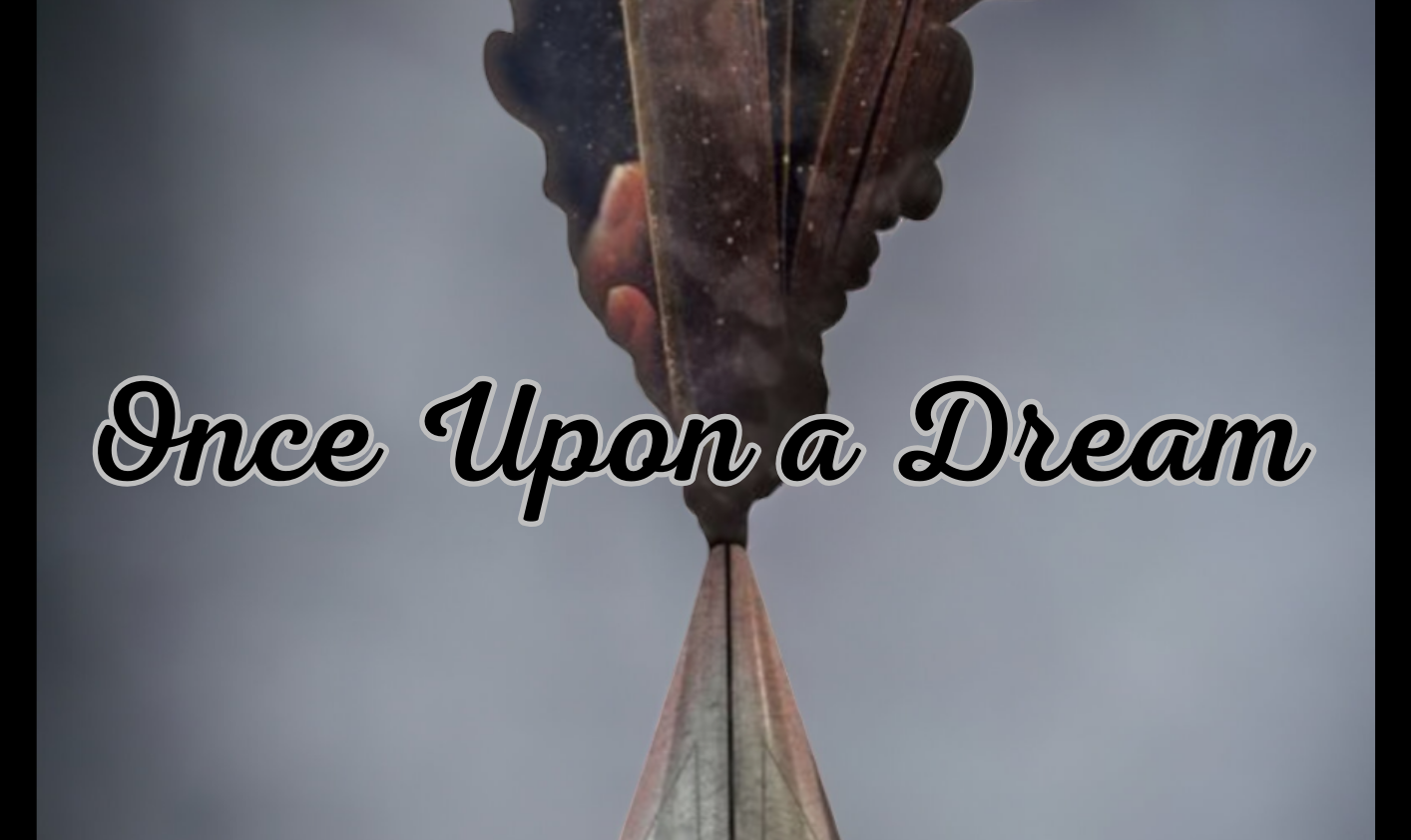David Winger
The Truth
Chan sat atop the mountain meditating. The clouds, plants, animals, soldiers and rebels all moved around him as he breathed in and breathed out. As he came out of his meditation, he thought how it was nice to take a break from the constant thinking and willfulness his mind, one of man’s greatest strengths and greatest weaknesses as well. He looked at the valley below and saw everything playing its role in the game of existence. Some seemed wonderful, others appeared horrific; all necessary and coexisting. Monks often acted as if removed from this cycle, existing only to contemplate, but Chan knew otherwise. One could think himself in circles and put himself in a kind of philosophical paralysis. Chan had experienced this when he was younger, but now he knew he had a part to play. Whether he enjoyed or agreed with it didn’t matter. He would simply tell the truth; no more, no less.
That was his part and it was enough. He could no longer hide in the forest or the monastery; once he had walked amongst the people and seen their suffering, he knew he was part of this war with or without his consent. Nothing exists in isolation and when it rains you either hide or get wet. Chan could no longer hide.
As he contemplated, he saw a platoon of the self-appointed Emperor’s soldiers coming up the mountain as if on cue. He sat calmly.
A young man walked ahead of the rest. The young and inexperienced were often sent ahead to seek or draw out the enemy so the rest of the platoon was not surprised or ambushed. The young man yelled for his Commander upon seeing Chan.
The Commander walked towards him, more than confident and with a look of impatience.
“Where have the rebels gone, Monk? I know they passed this way. I have been tracking them. The stupid peasants all but drew me a map,” said the Commander.
“I would rather not say. What you seek will lead only to your death and to that of your men. Please turn back.”
“Ha, I knew you would say some cowardly nonsense.” The Commander pulled out his sword and held it at Chan’s throat.
“Either tell me what I seek or you will die after I will burn down your precious monastery and the nearby village. I have no time or desire for advice or philosophy.”
“That path,” Chan said, pointing. “The steep one, but I warn you it will be your death.”
“Your words are wasted, and know if you have mislead me I shall return and reap suffering you never thought possible,” said the Commander with fire in his eyes.
“I have spoken true; it is against my creed to do otherwise,” Chan replied.
“I know. That’s why I love finding one of your “creed” to question. Most are smart enough to hide,” the Commander boasted, smiling to the junior Officer beside him.
“And others are smart enough to listen. Do what you must,” Chan said indifferently.
The Commander turned and ordered his troops to go down the steep, rocky path. They sheathed their weapons to do so, their armor making the climb difficult. Once they got half way down, a group of rebels ambushed them. Dug in, waiting and well hidden, they surrounded and killed the better equipped soldiers. By the time most of the soldiers had gotten decent footing and drew their weapons they had fallen victim to the rebels’ stream of arrows.
Chan heard the sounds of men killing and dying, then he heard the song of a bird. They mixed together and sounded both horrific and beautiful. This is life, he reflected: horrific and beautiful. Guilt swept over him without his consent as he heard the Commander beg for his life in vain, even though the man had threatened to kill him only moments ago. He reminded himself he had been true to his vows and told the truth, even though he had omitted an important detail.
Chan looked at a beautiful cloud passing by, and felt a pain in his stomach. It was not due to the death occurring nearby or the role he had played in it, but to hunger. He had been on this mountain all day and hadn’t eaten. He walked back to the monastery debating his role in all of this, as if turning the same subject over in his head for the thousandth time would change it or bring a new revelation. He came to the same conclusion he always did; tyrants oppress, rebels rebel and he would tell the truth.
